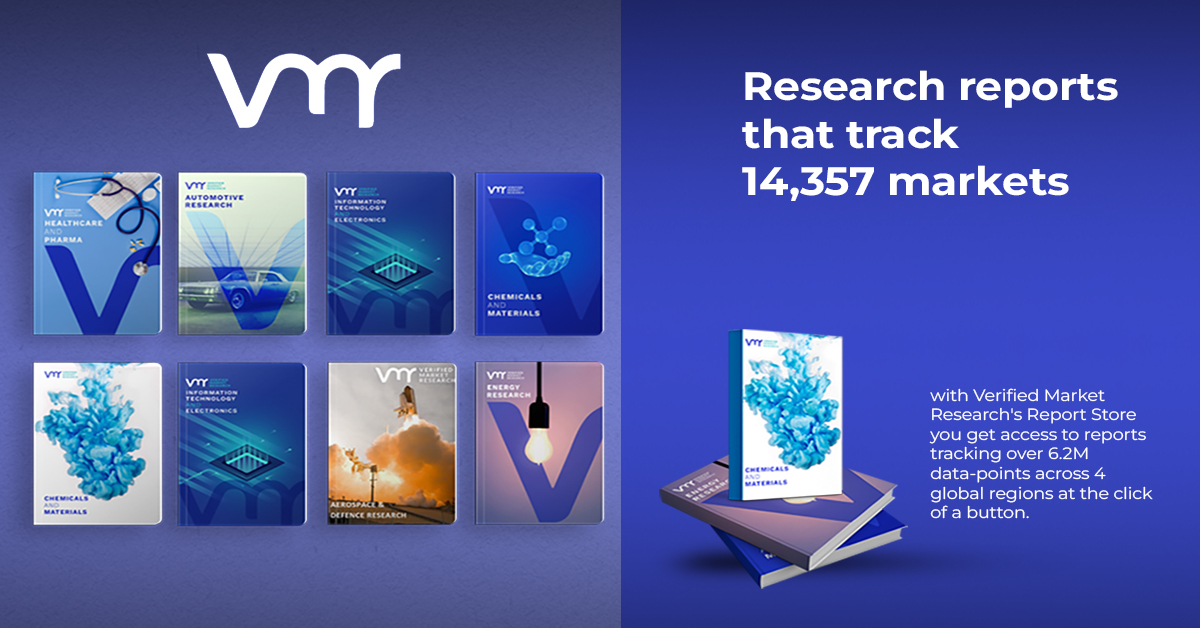Driving Change: Key Developments in Digital Solutions for the Automotive Retail Market
In the fast-evolving landscape of automotive retail, digital solutions have emerged as a game-changer, transforming the way consumers interact with dealerships and manufacturers. This article delves into the latest developments in this field, exploring the innovations reshaping the market, the challenges that come with them, and what the future may hold.
The Shift Towards Digital Retailing
Accelerated Digital Adoption
The COVID-19 pandemic acted as a catalyst, accelerating the adoption of digital solutions in automotive retail. As physical showrooms faced restrictions, both dealers and customers turned to online platforms. According to a recent study by McKinsey, nearly 70% of consumers prefer online interactions when purchasing a vehicle. This shift not only streamlined the buying process but also enhanced customer convenience, leading to a rise in online sales.
The Rise of Virtual Showrooms
Virtual showrooms have become a vital part of the automotive retail experience. These digital platforms allow customers to explore vehicles from the comfort of their homes. With features like 360-degree views, augmented reality (AR) integration, and virtual reality (VR) experiences, buyers can immerse themselves in the vehicle’s interior and exterior without stepping foot in a dealership. Manufacturers like Ford and BMW have successfully implemented these technologies, reporting increased engagement and sales.
Enhancing Customer Experience with Digital Solutions
Personalization at Scale
One of the most significant trends in automotive retail is the use of data analytics to personalize the customer experience. By harnessing big data, retailers can tailor recommendations based on customer preferences, browsing history, and even social media behavior. Tools like AI-driven chatbots are being employed to provide real-time assistance and personalized responses, making the online shopping experience more interactive and engaging.
Streamlined Financing and Paperwork
Digital solutions are also streamlining financing processes. Platforms like Carvana and Vroom have introduced user-friendly financing calculators, enabling customers to understand their financing options quickly. E-signature technology allows for seamless paperwork processing, eliminating the cumbersome back-and-forth traditionally associated with vehicle purchases.
Innovative Technologies Transforming the Retail Landscape
Blockchain for Transparency
Blockchain technology is gaining traction in the automotive retail sector for its potential to enhance transparency and security. By providing a decentralized ledger for transactions, it allows buyers to verify a vehicle’s history, including ownership records and accident reports, in real-time. This transparency builds trust between buyers and sellers, fostering a more secure purchasing environment.
The Internet of Things (IoT)
The Internet of Things is revolutionizing the way dealerships manage their inventory and customer interactions. IoT-enabled devices can track vehicle performance and usage patterns, allowing dealerships to optimize inventory levels and predict demand. Furthermore, connected cars can communicate with dealerships, alerting them when maintenance is due, creating new service opportunities and enhancing customer satisfaction.
The Impact of Social Media on Automotive Retail
Engaging the Modern Consumer
Social media has transformed marketing strategies in automotive retail. Platforms like Instagram, Facebook, and TikTok allow brands to engage directly with consumers, showcasing vehicles through eye-catching visuals and interactive content. Influencer partnerships are becoming increasingly common, with automotive brands leveraging influencers to reach target audiences effectively. According to Statista, about 70% of consumers are influenced by social media when making purchasing decisions.
User-Generated Content and Reviews
User-generated content (UGC) has also gained prominence, with potential buyers often turning to reviews and testimonials before making a purchase. This trend emphasizes the importance of online reputation management for dealerships. Encouraging satisfied customers to share their experiences can significantly boost a dealership’s credibility and attract new buyers.
Challenges Facing Digital Solutions in Automotive Retail
Cybersecurity Concerns
As the automotive retail market becomes increasingly digital, cybersecurity remains a critical concern. With the rise of online transactions and data sharing, dealerships are prime targets for cyberattacks. Ensuring robust cybersecurity measures are in place is essential to protect sensitive customer information and maintain trust.
Integration of Technology
While the adoption of digital solutions is vital, integrating these technologies into existing systems poses challenges. Many dealerships still rely on legacy systems that may not be compatible with new digital tools. Transitioning to a fully integrated digital platform requires investment in technology and training for staff, which can be daunting for smaller dealerships.
Looking Ahead: The Future of Automotive Retail
A Hybrid Model
The future of automotive retail is likely to be hybrid, combining digital and physical experiences. While consumers appreciate the convenience of online shopping, many still value the opportunity to experience a vehicle in person before making a decision. Dealerships that can seamlessly integrate both channels will be well-positioned to thrive.
Continuous Innovation
As technology continues to evolve, automotive retail will see ongoing innovation. Expect advancements in AI and machine learning to drive even more personalized experiences, while enhanced AR and VR technologies will further bridge the gap between online and offline interactions. Additionally, as electric vehicles (EVs) gain popularity, the digital retail landscape will adapt to meet the unique needs of this growing market segment.
Sustainability and Ethical Considerations
Sustainability is becoming an increasingly important factor in automotive retail. Consumers are more aware of environmental issues and are demanding transparency regarding the sustainability practices of manufacturers and dealerships. Digital solutions that promote sustainable practices, such as carbon footprint calculators and ethical sourcing information, will resonate with consumers looking to make responsible purchasing decisions.









